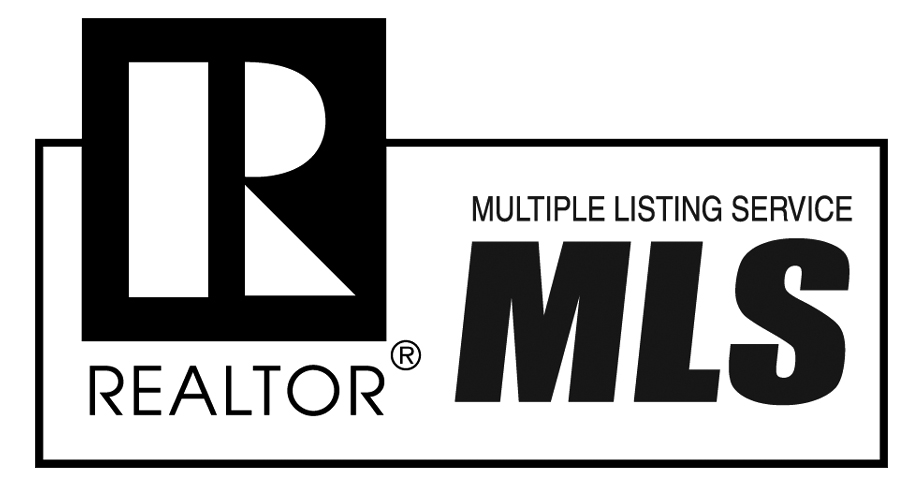Buying Tips
Preparing to Buy
Buying a home is probably one of the biggest emotional and financial decisions you'll ever make. There’s a lot to think about: location, affordability, mortgage term and rate, etc. There are many people involved: real estate agents, lenders, lawyers, sellers, etc,
First you need to figure out if buying a home is even the right move for you. It’s a big decision that comes with huge time and financial commitments. When figuring out whether buying makes sense right now in your life, take into account your finances as well as your future plans.
Budget estimation
Priorities your life style needs and based on your financial status decide which property fits for you
- Appartment
- Town House
- Single Family Home
- Condo
Carefully analyze the monthly expenses of your family
Think about the future needs of your family
Decide in which range you can maximum afford to buy a home
Finally decide your budget range
Location
Generally, real property never depreciates in value, or more so, it is not very common for property to depreciate. This is why it’s a great investment. Make sure you carefully consider location and community when choosing a home, it can affect the homes future value greatly.
If you are in a newly developed area, do some research on the construction of the surrounding areas being developed to determine if they may affect your home’s value.
Also check your specific property - are neighbours noticeably noisy? Is it under a flight path or over a train line? Are there upcoming planning proposals which will change the area - for better or worse?
Check out the neighbourhood before you make an offer. Get the lowdown from locals and ask a local bobby or neighbourhood watch co-ordinator. They're likely to tell you the truth and give you a better picture.
Watch out for flood risk of the location. Flood risk has a significant impact on insurance premiums, a property's value and your quality of life if you're unlucky enough to be hit by water damage.
Check what's being built (or planned) in the area
View your location at different times of day. View the place at three different times of day. Daylight makes spotting flaws easier, but the pounding music which will make your life hell may not begin until the neighbours get back from work. Beware of noisy neighbours.
Narrow down your needs
Before you even go looking for a home, you have to understand your needs. You should clearly determining why you’re buying and what kind of home you’re looking for. Think about the type of place you’re looking for. Are you looking for a lot of bedrooms and washrooms for your family? Do you want a pool in the backyard? Do you want to live close to a school or a mall? These are just some of the things you have to consider before start looking for a new home.
Make sure you are ready
Be prepared to make sacrifice
Be prepare for the cost of constant care for you home
Earlier, price info was only the preserve of agents and brokers. Now, with the web, you can check any property for free.
To see what any house, anywhere, went for, over a good few years you can try some websites.
Choose a Realtor
Things to consider when choosing a realtor
There are thousands of real estate agents how do you choose one that’s right for you?
You have to pick carefully. They will be acting as your representative and you will need someone to look out for your best interests. You will need someone that you can trust and someone who understands what you want.
They have to be a trained professional who knows your area inside out. A great agent is someone who offers you quality services to help you accomplish your goal.
Chat with your local estate agent
Some homes are sold before they appear online, so it's also worth getting pally with a local estate agent to hear as soon as a place hits its books.
Also tell them what type of property you’re looking for and your budget. They should be able to give you an idea of how realistic it is, how many other buyers you could expect to be up against and how long it’s taking on average for that type of property to sell.
Remember that estate agents see loads of buyers so be friendly and make sure they know you’re a serious buyer. Then they might do some of the property hunting legwork for you and give you a heads up when something new becomes available.
Planning Your Finance
Apply for a Loan
Get a copy of your credit report and credit scores
- When a bank decides whether to loan you money for a home, one of the things it’s going to look at is your history as a borrower. They want to know that they can trust you to pay back this massive amount of money they’re about to give you. To determine whether you’re creditworthy, the bank or mortgage broker is going to look at your credit report and credit score.
- Before the banks pull your report and score, it’s a good idea to take a look at them yourself to ensure that there aren’t any errors that could hurt your chances for securing a mortgage. Errors to look for include accounts that don’t belong to you, wrong addresses, incorrect payment status, and remedied delinquencies not reported as such. If you find any errors, take action to correct them as quickly as possible as they can sometimes take a long time (and be nigh near impossible) to fix.
- If you don’t have any errors on your credit report, but your credit score isn’t that hot, start taking steps to improve it like paying your bills on time and reducing the amount of debt you owe.
Gather financial documents
- When you apply for a home mortgage, your financial life is going to be put under a microscope. You’ll have to provide enough documentation to prove that you’re financially capable of paying back a large loan. You should have done this step earlier in the process and not waited until you actually applying for a loan.
Get Pre-Approved For A Loan
If you’re preapproved, it means that you have undergone the extensive financial background check, which includes looking at your credit history, previous tax returns and verifying your employment – and the lender is willing to give you a loan. You will usually be provided an accurate figure which shows the maximum amount that you are approved for. Most sellers prefer buyers who have been preapproved because they know that there will not be any problems with the purchase of their home.
Benefits of Pre - Approved for a loan
You’ll have information about what you can afford and be able to plan accordingly
As a qualified, motivated buyer you’ll be taken more seriously when you make an offer on a home
Lenders can tell you whether you qualify for any special programs that will enable you to afford a better home(particularly if you’re a first-time buyer
What type of mortgage is right for you?
You have several choices when it comes to picking out a mortgage. Each type has their pros and cons.
- Fixed-rate vs. adjustable-rate loans. The most common type of mortgage is a fixed-rate mortgage. With a fixed-rate loan, the rate stays the same over the life of the loan. The big pro with fixed-rate loans is the peace of mind that comes with knowing that your monthly mortgage payments won’t fluctuate dramatically from year to year
- On the other hand, adjustable rate mortgages, or ARMs as they’re often called, have an interest rate that changes based on what happens to interest rates in the economy as a whole, which can be good or bad. If interest rates drop, your mortgage payment should drop. But if they go up, your payment can quickly get out of hand.
Down Payment
One thing to keep in mind is your down payments. This is a percentage of the total cost of a home that you’ll need to pay. The more money you put down, the more you’ll save on monthly payments and cost of borrowing.
Making an offer
Buying a home is probably one of the biggest emotional and financial decisions you'll ever make. There’s a lot to think about: location, affordability, mortgage term and rate, etc. There are many people involved: real estate agents, lenders, lawyers, sellers, etc,
Not only is it about the price of the house but you have to carefully look at the other details included in this sale. Appliances, chandeliers, or even minor renovations can also be part of the deal. Shorter or longer closing dates can also be specified in the offer.
If there is something in the offer that doesn’t satisfy the seller, counter offers or negotiations can also be presented to help get a price that you think is fair.
Closing the purchase
There will be closing costs associated with the sale that need to be paid either by or on the closing date. It can include mortgage application fees, inspections, and legal fees. But once that’s taken care of, you get your new house.
Key steps to closing the sale
Getting a Title Search
- An historical review of all legal documents relating to ownership of the property – to ensure that there are no claims against the title of the property. It is also necessary to purchase Title Insurance in case the records contain errors or there are mistakes in the review process
The Final Walkthrough
- you’ll be given the chance to look at the home to make sure it’s in the same condition as when you signed the sale agreement
The Settlement
- Typically, on the Closing Date you’ll go to a lawyer’s office to verify and sign all the paperwork required to complete the transaction. The settlement will include paying your closing costs, legal fees, property adjustments and transfer taxes. At that point, you’ll receive the property title and copies of all documentation pertaining to the purchase.

